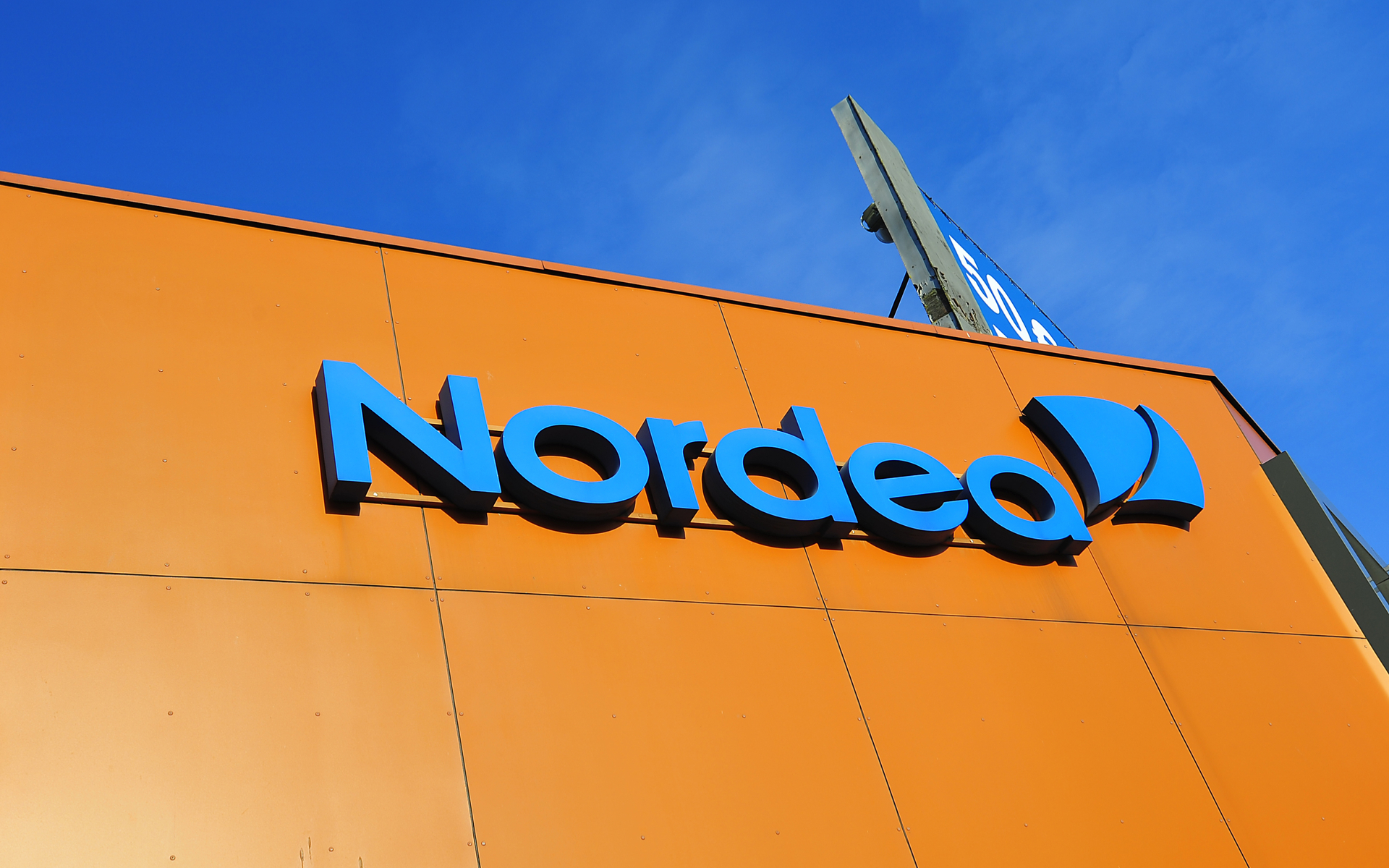Nordic banking giant Nordea Bank is allegedly implicated in a multi-million money laundering scandal. Reportedly, the case is related to another recent money laundering scheme involving Denmark’s Danske Bank.
Nordea in Hot Water
Banking giant Nordea Bank, headquartered in Helsinki, is alleged to have accepted criminally-sourced funds from banks located in Lithuania and Estonia.
The giant confirmed that it’s aware of the report on Tuesday October 16th:
We are aware of the report, and at Nordea we work closely with the relevant authorities in the countries in which we operate, including the Nordic Financial Intelligence Units.
According to Sweden’s public broadcaster SVT, some 365 individual accounts at the bank have allegedly received payments from shell companies amounting to 150 million euros. What is more, the media, which claims to have access to the report, outlines that part of those payments came from the Estonian branch of Danske Bank.

Bitcoinist reported earlier in October that Denmark’s Danske Bank found itself at the center of a tremendous Russian money laundering scandal, alleging that it has illegitimately processed some $235 billion.
And Yet, Cryptocurrencies Present a Threat?
Danske Bank reportedly laundered more money than the entire cryptocurrency market capitalization alone. That’s one bank at one location.
According to the report mentioned above, Nordea is also at the center of yet another 150 million money laundering scandal. This is the same bank which banned all of its 31,000 employees from trading Bitcoin [coin_price] because of its “high risks.”
Back in February, another major Dutch bank – Rabobank, was also fined for accepting at least $369 million in illegal proceeds from drug trafficking and other activity from the period between 2009 and 2012.
Rabobank also warned against the risks of Bitcoin. Quickly after that, the bank took a major U-turn and announced that it plans to offer a cryptocurrency wallet.

The obvious conclusions aside, it’s important to note that multiple international governmental institutions have already spoken up on the risks of cryptocurrencies associated with illicit activities.
A report from the Financial Services and Treasury of Hong Kong on Money Laundering and Terrorist Financing Risk Assessment revealed that cryptocurrencies are widely left out of organized crime.
The National Crime Agency of the UK, in its National Risk Assessment of Money Laundering and Terrorist Financing report of 2017 also outlined that the risks of cryptocurrencies used for money laundering is “relatively low.”
What do you think of the recent allegations against Nordea? Don’t hesitate to let us know in the comments below!
Images courtesy of Shutterstock










